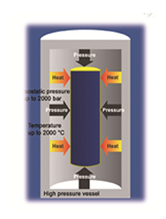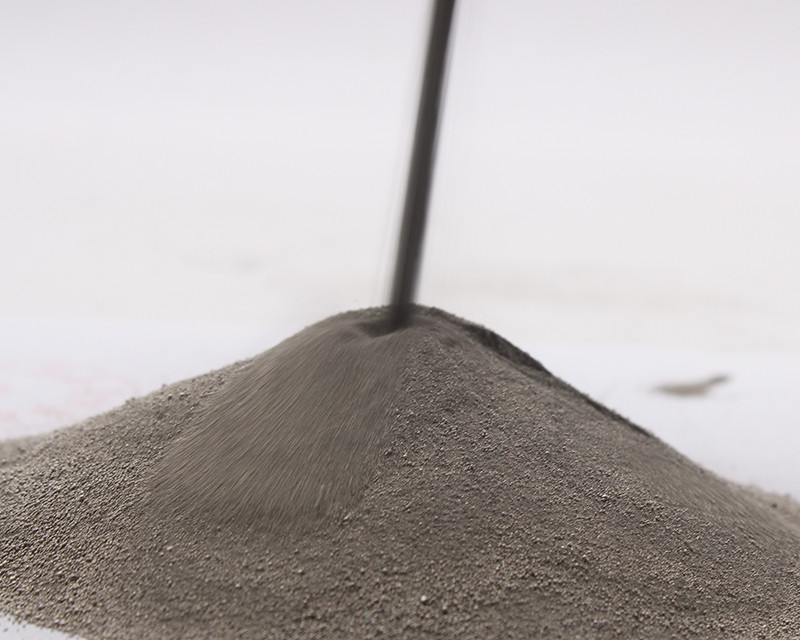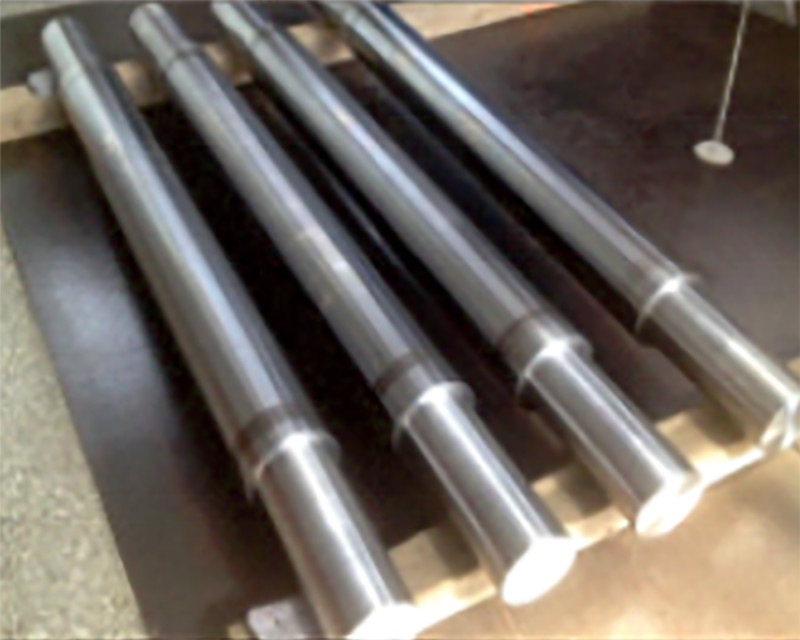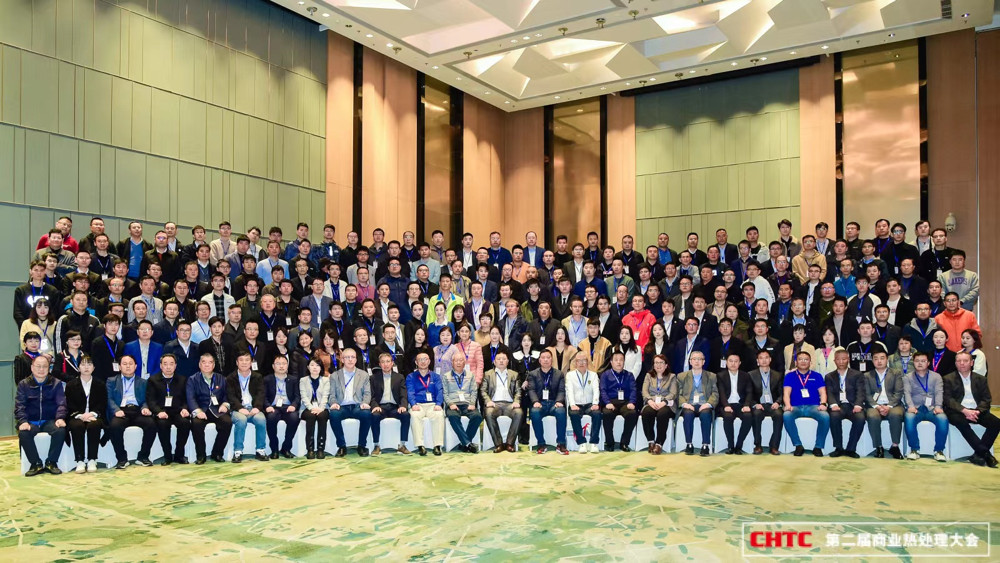全球領先的熱等靜壓材料及産品方案解決者
首創精神、奮鬥精神、工匠精神
CORE ADVANTAGE
四大核心優勢
全産業鍊高新技術企業
全産業鍊,集設計、研發、制造、銷售、售後服務為一體
産品種類多 規格全
立足國内、面向全球研究開發世界優質熱等靜壓産品,突破并解決一系列熱等靜壓科學與關鍵工程應用問題
位于重要交通樞紐
工廠位于嘉興港區,地處上海南翼、杭州灣北岸與滬、杭、甬、蘇周邊城市的“一小時交通圈”
先進材料
讓世界更美好
提供高性價比金屬耗材解決方案
核心團隊有多位材料學、自動化、機械、冶金學博士與碩士;從事熱等靜壓産品開發多年,完成多項國家重大産品攻關項目
ABOUT US
關于我們
恒鼎(杭州)材料科技有限公司是一家集設計、研發、制造銷售、售後服務為一體的綜合性全産業鍊高新技術企業,以中國鋼鐵研究院、北京航空航天大學為依托,同時與中南大學、北京航空航天大學杭州創新研究院達成合作,旨在于使産品不斷提升、更新叠代,來更好滿足顧客需求,立足國内、面向全球研究開發世界一流熱等靜壓産品;
工廠位于浙江省嘉興港區濱海創業園,作為2021年嘉興港區創新創業大賽優勝獎落戶;以熱等靜壓先進複合材料為核心、為工業多領域關鍵的金屬磨損件提供極具性價比的解決方案;研發材料廣泛應用于新能源锂電池漿料生産線、航空航天、智能制造、石油石化以及深海油氣資源開發等領域;
已成功研制并量産在雙螺杆造粒設備、注塑機無鹵領域、複合軋輥用高耐磨、高耐腐蝕、耐高溫用材;
是全球領先的熱等靜壓材料及産品方案解決者。
production process
生産流程


什麼是熱等靜壓?
熱等靜壓(Hot Isostatic Pressing,HIP)是一種對金屬或陶瓷材料的特殊熱處理工藝,是制備高性能材料的重要手段。該工藝技術可用于粉末冶金成型或對成型後的鑄件(钛合金、高溫合金、鋁合金等疏松縮孔鑄件)進行緻密化處理。經過熱等靜壓處理,材料的耐磨、耐腐蝕性以及機械性能會獲得極大的提升,疲勞壽命可增加10~100倍。
加工特點:
高溫 最高可達2000℃
高壓 最大可達200 MPa
等靜壓力 利用惰性氣體作為傳壓介質,相同的壓力從各個方向均勻作用于部件表面.
主要應用材料體系:
高溫合金、钛合金、鋁合金、銅合金、難熔金屬、硬質合金、不鏽鋼、耐蝕合金,陶瓷、複合材料、電子材料、功能材料等。
為什麼使用熱等靜壓?
極大的提升材料機械性能,使其疲勞壽命增加10~100倍
任何材料制成的制品都有一定的使用壽命,不可能無限期的使用下去,造成材料失效的根本原因有兩種,一種是材料内部結構發生變化,即由于外界環境的幹擾使材料的成分發生變化,新的成分無法達到合适的性能,材料随即失效; 另一種更為常見的原因是,由于材料内部殘留雜質,微小裂紋,孔洞等,形成了性能突變點,我們稱之為材料缺陷,在材料工作狀态時,例如材料受到高溫循環和應力循環時,在性能突變的位置會産生應力集中效應,最終在該點産生疲勞擴散,使材料斷裂失效。 目前任何一種傳統成型方法,都無法直接消除材料内部殘留的缺陷,都需要進行後續的處理加工。
熱等靜壓作為一種特殊的金屬熱處理工藝,目前是最有效的消除材料内部缺陷的熱處理方法,也是使材料内部缺陷最少的材料成型方法。因此,熱等靜壓是世界範圍内,各領域重要關鍵零部件的例行加工步驟。
products
主要産品




NEWS
新聞中心

新品發布|鋼研昊普新産品第三代熱等靜壓系統HIPEX500發布
會議期間,鋼研昊普科技有限公司董事長、總經理呂周晉先生發布了由鋼研昊普自主研發的第三代熱等靜壓系統新…
恒鼎材料|首屆熱等靜壓大會圓滿結束|恒心創業 鼎力前行
3月22日-3月24日,首屆熱等靜壓用戶大會&第二屆商業熱處理大會在蘇州合景萬怡酒店舉辦,有…
恒鼎材料|24生産不間斷
感謝客戶對我們的信任,也為了我們的産品能更好滿足顧客的需求,我們的工廠夜以繼日的生産,讓産品能夠第一…
QUINTUS熱等靜壓機
每台QUINTUS®熱等靜壓機都采用圓柱形高壓容器和轭式框架結構,這些結構都采用高強度預應力冷軋彈簧…
